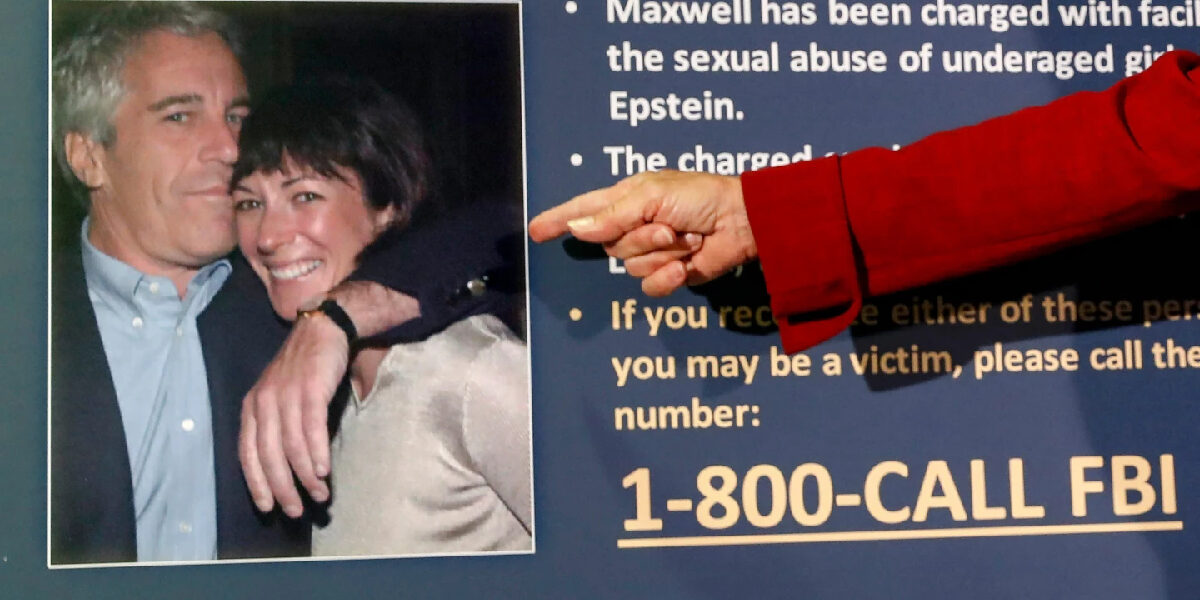The U.S. Supreme Court on Monday refused to hear the appeal of Ghislaine Maxwell, the former girlfriend and longtime associate of Jeffrey Epstein, ending her last major legal attempt to overturn her conviction.
Maxwell, a British socialite, is currently serving a 20-year prison sentence for helping Epstein lure and exploit teenage girls for sex. The decision came on the first day of the court’s new term, and as is usual practice, the justices gave no explanation for rejecting the appeal.
Her legal team had argued that Maxwell should never have been prosecuted, citing a 2007 non-prosecution agreement made between Epstein’s lawyers and federal prosecutors in Miami. That deal, they claimed, also protected Epstein’s “potential co-conspirators.”
However, federal prosecutors in Manhattan disagreed, and a jury later found Maxwell guilty of several charges, including sex trafficking a minor. The Second Circuit Court of Appeals upheld her conviction before it reached the Supreme Court.
🧾 Maxwell’s Conviction and Transfer
Maxwell’s trial included testimony from four women, who said they were sexually abused by Epstein as teenagers in the 1990s and early 2000s at his properties in New York, Florida, and the Caribbean.
Following her sentencing, Maxwell was moved from a low-security prison in Florida to a minimum-security federal prison camp in Texas. Officials have not explained the reason for the transfer, though one of her lawyers, David Oscar Markus, has insisted that Maxwell is “innocent and never should have been tried.”
In July, Maxwell was interviewed by Deputy Attorney General Todd Blanche at a Florida courthouse under limited immunity. She denied seeing any inappropriate interactions involving Donald Trump, according to court records released in August.
🕵️ The Epstein Case and Trump’s Response
Epstein was arrested in 2019 on federal sex trafficking charges and was accused of abusing dozens of teenage girls. He was found dead in his jail cell a month later, in what investigators ruled a suicide.
The case drew intense public interest and conspiracy theories, particularly surrounding Epstein’s high-profile connections to powerful figures.
During Trump’s presidency, the administration faced backlash for refusing to release additional files from Epstein’s case. Many supporters had expected the release of what was rumored to be a “client list.” However, the Justice Department stated that most of the material was sealed by courts to protect victims, and that only a small portion would have become public if Epstein had lived to face trial.
In response to growing speculation, Trump dismissed the rumors as the “Jeffrey Epstein Hoax”, and urged officials to move on from the controversy.
📌 What Happens Next
With the Supreme Court’s decision, Maxwell’s legal options have been exhausted. She will continue serving her 20-year sentence at the Federal Prison Camp in Bryan, Texas.
The ruling also effectively closes the chapter on any further federal appeals related to her case, though Epstein’s network of alleged accomplices remains the subject of ongoing public debate and civil litigation.
